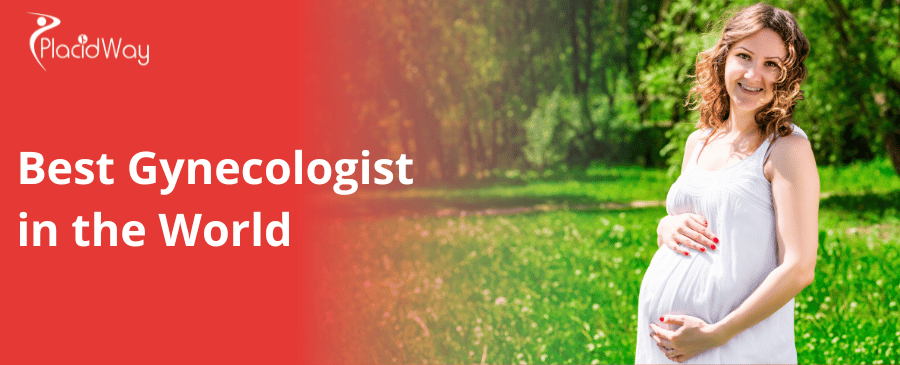
When it comes to women's health, gynecologists play a crucial role in diagnosing, treating, and preventing a variety of conditions. From routine check-ups and fertility challenges to complex surgeries, the expertise of these specialists is invaluable. This guide will highlight some of the top gynecologists in the world, renowned for their contributions to reproductive health, IVF treatments, and overall gynecological care, often attracting patients through medical tourism.
Key Takeaways
-
Top gynecologists globally specialize in a range of women's health issues, including infertility, IVF (In Vitro Fertilization), reproductive endocrinology, and gynecologic surgeries.
-
Mexico and Egypt are leading destinations for fertility treatments, offering advanced care at more affordable costs compared to Western countries.
-
IVF success rates are influenced by factors such as patient age, clinic expertise, and specific techniques used.
-
Costs for IVF treatments can vary significantly by country and clinic, with Mexico offering packages starting from ~$6,500 USD and Egypt from ~$1,500 - $3,000 USD for a basic cycle.
10 Best Gynecologists in the World
Patients often travel internationally to seek care from renowned gynecologists and fertility specialists, driven by the desire for high success rates, advanced techniques, and often more affordable treatments.
Here is a list of highly respected gynecologists, many specializing in reproductive medicine and IVF:
1. Dr. Octavio Herrera Osorio
– Puebla, Mexico
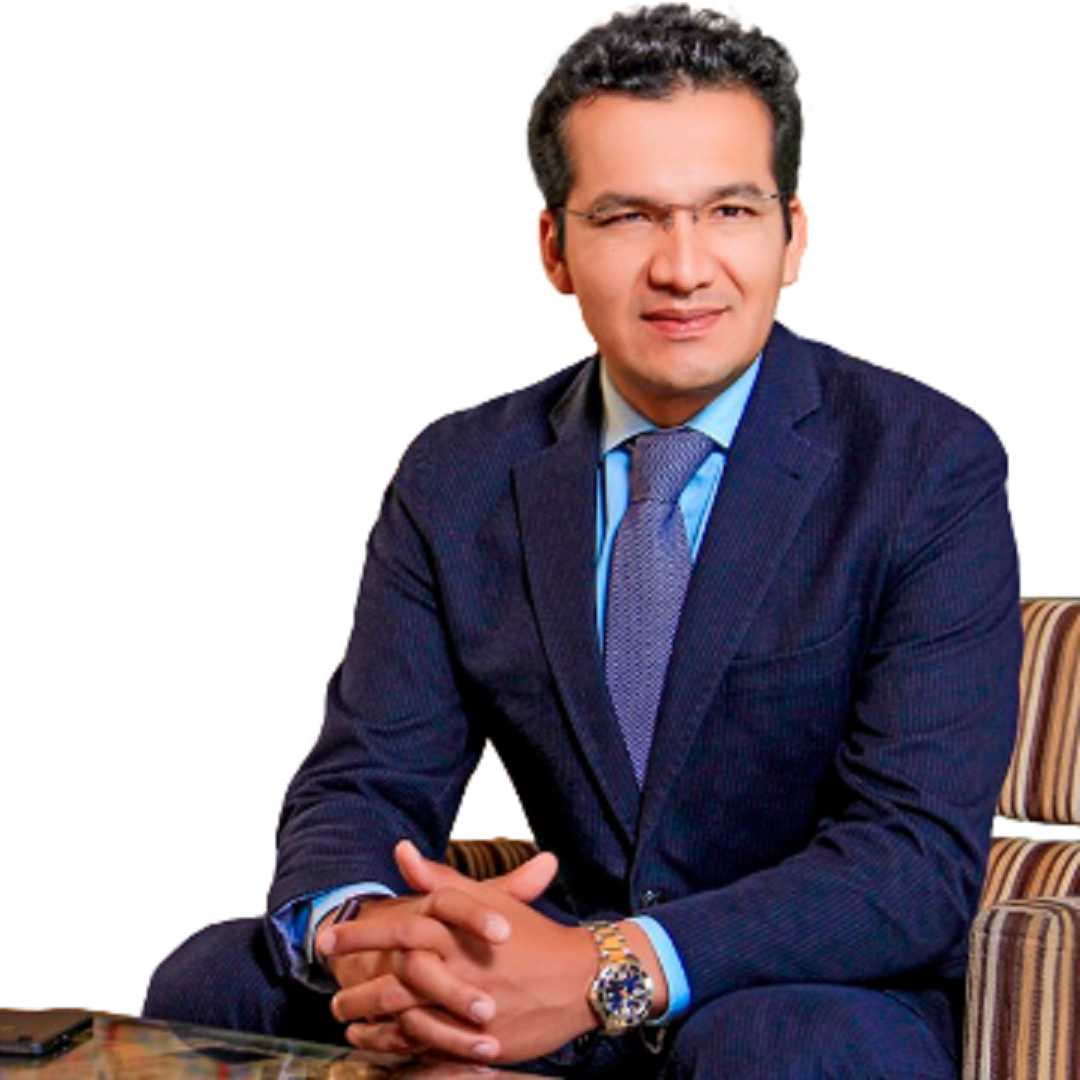
Dr. Octavio Herrera Osorio is a distinguished docotor for fertility treatment in Mexico and gynecologist and reproductive medicine specialist in Puebla, Mexico, known for his personalized approach and high success rates in fertility treatments at UNLIVE Clinic.
Why Choose Dr. Herrera?
-
Expertise in reproductive medicine and infertility.
-
Highly regarded for his patient-first approach.
-
Over a decade of experience in gynecology.
2. Mohamed Aboulghar
– Cairo, Egypt
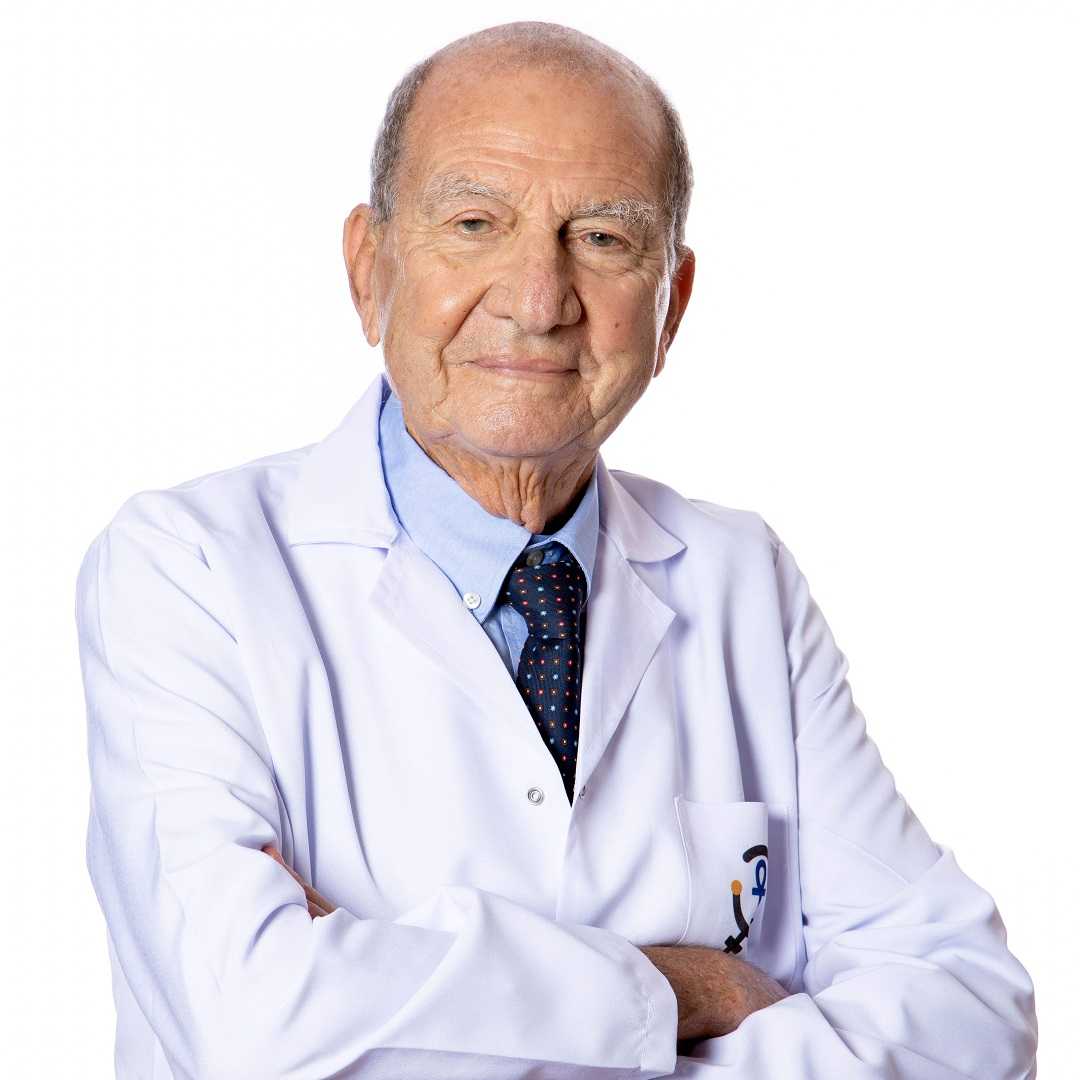
Dr. Mohamed Aboulghar is a leading international figure in IVF in Egypt, a professor at Cairo University, who has revolutionized fertility treatment methods, attracting many international patients.
Why Choose Dr. Aboulghar?
-
Renowned IVF specialist with international recognition.
-
Over 20 years of experience in reproductive health.
-
Trusted by patients worldwide for his expertise in fertility treatment.
3. Dr. Ahmed Elsayed
– Cairo, Egypt

Dr. Ahmed Elsayed is a highly respected gynecologist and obstetrician in Egypt, focusing on IVF and delayed pregnancy, a member of the Royal College of Obstetrics and Gynecology.
Why Choose Dr. Elsayed?
-
Expertise in delayed pregnancy and infertility treatments.
-
Certified by the Royal College of Obstetrics and Gynecology.
-
Extensive experience in advanced IVF treatments.
4. Dr. Mariana Izquierdo Martinez
– Gustavo A. Madero, Mexico

Dr. Mariana Izquierdo Martinez is an esteemed gynecologist at Eligen Fertility Center in Mexico, specializing in women's health and fertility care with a compassionate and dedicated approach.
Why Choose Dr. Martinez?
-
Renowned for her fertility expertise.
-
Compassionate and patient-centered care.
-
Specializes in advanced gynecological treatments.
5. Francisco Vélez
– Tijuana, Mexico
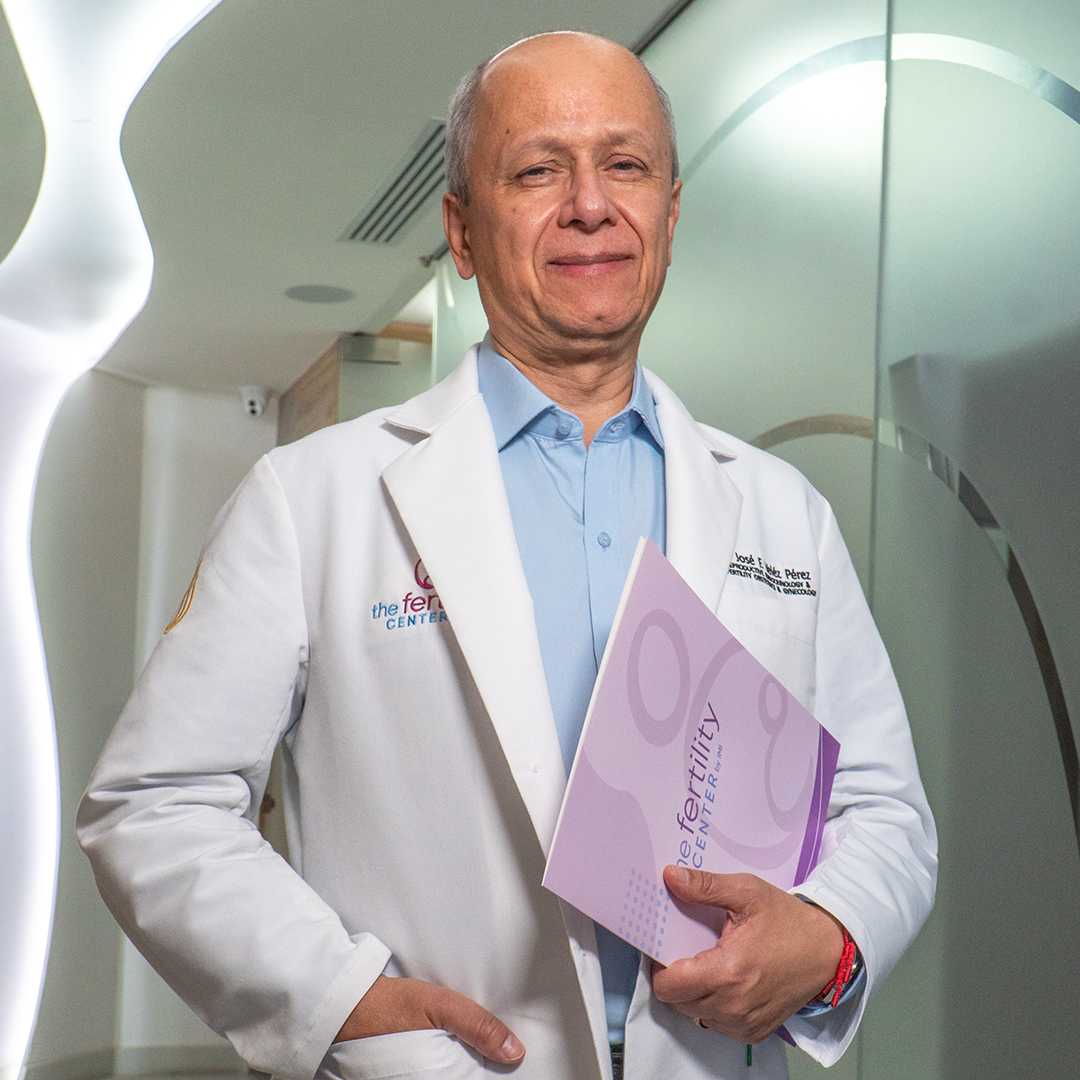
Dr. Francisco Vélez is a highly respected fertility specialist in Tijuana, Mexico, with expertise in reproductive endocrinology, helping countless patients achieve successful pregnancies.
Why Choose Dr. Vélez?
-
Expert in reproductive endocrinology.
-
Offers advanced fertility treatments.
-
Known for his compassionate patient care.
6. Dr. Eligio Islas
– Gustavo A. Madero, Mexico

Dr. Eligio Islas is an expert gynecologist and IVF specialist at Eligen Fertility Center in Mexico, known for his advanced knowledge in fertility treatments and personalized patient care.
Why Choose Dr. Islas?
-
Leading IVF specialist in Mexico.
-
Offers personalized care and advanced fertility treatments.
-
Renowned for his high success rates in IVF.
7. Cristabel Adriana Escobosa Rocha
– Tijuana, Mexico

Dr. Cristabel Adriana Escobosa Rocha specializes in reproductive endocrinology and gynecologic laparoscopy in Tijuana, Mexico, offering state-of-the-art fertility treatments with a compassionate approach.
Why Choose Dr. Escobosa Rocha?
-
Expertise in reproductive endocrinology and fertility treatments.
-
Skilled in gynecologic laparoscopy.
-
Known for her comprehensive patient care.
8. Dr. Oscar Flores
– Cancun, Mexico
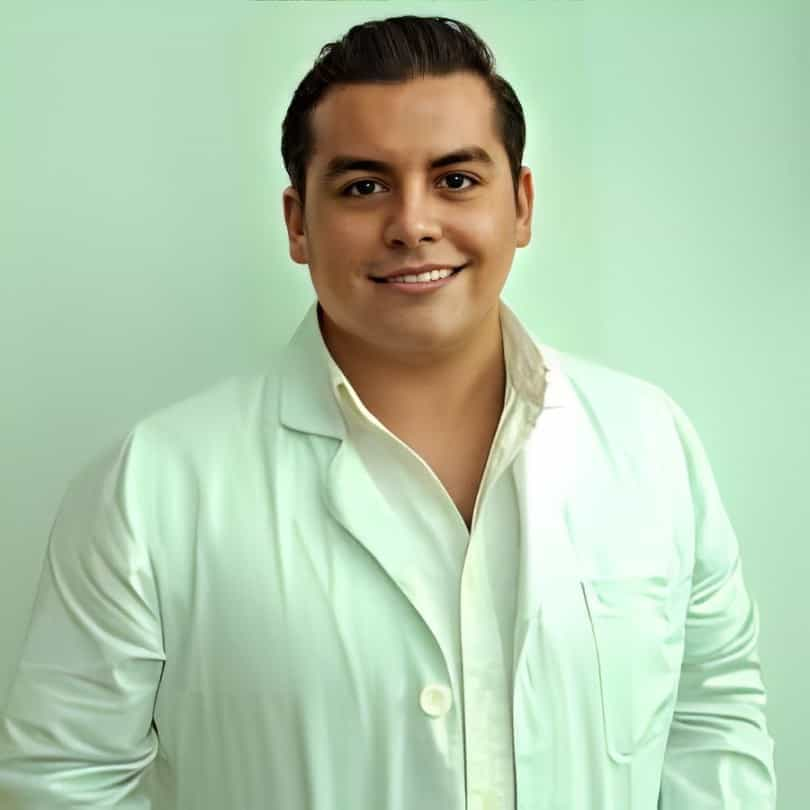
Dr. Oscar Flores is a leading IVF doctor in Cancun, Mexico, offering advanced fertility treatments and compassionate care to help women achieve healthy pregnancies.
Why Choose Dr. Flores?
-
Friendly and compassionate care for fertility patients.
-
Specializes in IVF treatments and reproductive health.
-
Well-known for his expertise in women’s health and fertility.
9. Dr. Luis Navarrete
– Cancun, Mexico
Dr. Luis Navarrete is a highly experienced gynecologist and medical director at FertilityLife in Cancun, Mexico, providing personalized gynecology treatments, especially for fertility solutions.
Why Choose Dr. Navarrete?
-
Highly experienced in gynecology and fertility treatments.
-
Offers personalized patient care.
-
Medical director at FertilityLife, a leading fertility clinic.
10. Dra. Olena Gasenko
– Cancun, Mexico
Dra. Olena Gasenko is an experienced embryologist and gynecologist in Cancun, Mexico, specializing in IVF treatments and fertility preservation to help couples start families.
Why Choose Dra. Gasenko?
-
Expertise in embryology and IVF.
-
Specializes in fertility preservation treatments.
-
Renowned for her compassionate approach to patient care.
Understanding Women's Reproductive Health: Common Conditions
Women's reproductive health encompasses a wide range of conditions that can affect fertility, menstrual cycles, and overall well-being.
Common gynecological conditions that lead women to seek specialist care include:
-
Infertility: The inability to conceive after a certain period of unprotected intercourse, often due to issues with ovulation, sperm, or blockages in the reproductive tract.
-
Polycystic Ovary Syndrome (PCOS): A hormonal disorder common among women of reproductive age, leading to irregular periods, excess androgen, and often, small cysts on the ovaries. It's a significant cause of infertility.
-
Endometriosis: A condition where tissue similar to the lining of the uterus grows outside the uterus, causing pain, heavy bleeding, and potentially infertility.
-
Uterine Fibroids: Non-cancerous growths of the uterus that can cause heavy menstrual bleeding, pelvic pain, and pressure, and in some cases, affect fertility.
-
Menstrual Disorders: Irregular, heavy, or painful periods (dysmenorrhea, amenorrhea, menorrhagia).
-
Sexually Transmitted Infections (STIs): Infections passed through sexual contact that can affect reproductive health.
-
Pelvic Organ Prolapse: When organs like the bladder, uterus, or rectum drop from their normal position.
-
Gynecological Cancers: Cancers affecting the reproductive organs (cervical, ovarian, uterine, vaginal, vulvar cancer).
Did you know? Infertility affects approximately 1 in 6 couples globally, highlighting the widespread need for specialized reproductive health services.
The Role of a Gynecologist: Beyond Routine Check-ups
Gynecologists specialize in the health of the female reproductive system and breasts, providing care across a woman's lifespan, from adolescence through menopause.
Their expertise extends to:
-
Preventive Care: Annual check-ups, Pap tests for cervical cancer screening, and HPV vaccination.
-
Diagnosis and Treatment: Identifying and managing conditions like PCOS, endometriosis, fibroids, and STIs.
-
Family Planning: Contraception counseling and management.
-
Pregnancy and Childbirth: While Obstetrics specifically deals with pregnancy and childbirth, many gynecologists are also obstetricians.
-
Infertility Management: From initial diagnosis to advanced fertility treatments like IVF and IUI (Intrauterine Insemination).
-
Hormonal Imbalance: Addressing issues related to hormonal fluctuations, especially during menopause.
-
Gynecological Surgeries: Performing procedures ranging from minimally invasive laparoscopy to more complex surgeries like hysterectomy or myomectomy.
Expert Insight: "A good gynecologist builds a lifelong partnership with their patients, offering not just medical treatment but also education and support. The focus is on empowering women to make informed decisions about their reproductive health at every stage of life." - Leading Gynecologist and Reproductive Medicine Specialist
Cost of Gynecological Treatments, Especially IVF
The cost of gynecological treatments, particularly IVF, can vary significantly based on the country, the clinic's reputation, the specific procedures included, and the number of cycles required.
Medical tourism offers competitive pricing for high-quality care, making it an attractive option for many.
Here's an estimated cost comparison for a basic IVF cycle:
Important Note on Costs: These figures are estimates and can vary widely. It is crucial to get a detailed, itemized quote from any clinic, ensuring it includes all aspects of the treatment, including medications, consultations, diagnostic tests, and any potential additional procedures like ICSI (Intracytoplasmic Sperm Injection) or PGT (Preimplantation Genetic Testing). Travel and accommodation costs should also be factored in.
Candidacy for Fertility Treatments
Candidacy for fertility treatments like IVF is determined by a thorough medical evaluation of both partners, considering various factors that influence the likelihood of success.
Common factors considered for IVF candidacy include:
-
Female Age: Age is the most significant factor affecting IVF success rates, with success declining after age 35, particularly after 40, due to decreasing egg quality and quantity.
-
Cause of Infertility: Conditions like blocked fallopian tubes, severe male factor infertility, PCOS, endometriosis, or unexplained infertility often indicate a need for IVF.
-
Ovarian Reserve: Assessment of egg supply through blood tests (e.g., AMH - Anti-Müllerian Hormone) and ultrasound.
-
Sperm Quality: Evaluation of sperm count, motility, and morphology.
-
Uterine Health: Assessment of the uterus for any abnormalities like fibroids or polyps that could affect embryo implantation.
-
Previous Treatments: Response to prior fertility treatments (e.g., IUI).
-
Overall Health: General health status of both partners, including any chronic conditions.
-
Realistic Expectations: Understanding that IVF is not always successful and may require multiple cycles.
Did you know? The first baby born through In Vitro Fertilization (IVF), Louise Brown, was born in England in 1978.
Preparation for IVF and Gynecological Procedures
Thorough preparation is crucial for optimizing the success rates of IVF and other gynecological procedures, involving medical, lifestyle, and logistical steps.
For IVF Treatment:
-
Comprehensive Fertility Workup: Detailed assessments for both partners, including hormonal profiles, semen analysis, ovarian reserve testing, and imaging (e.g., hysterosalpingogram).
-
Lifestyle Modifications:
-
Healthy Diet: Balanced nutrition, often including prenatal vitamins and folic acid.
-
Weight Management: Achieving a healthy BMI can improve IVF outcomes.
-
Avoidance of Harmful Substances: Quitting smoking, alcohol, and recreational drugs.
-
Stress Reduction: Engaging in relaxation techniques or counseling.
-
-
Medication Review: Discussing all current medications with the fertility specialist.
-
Financial and Logistical Planning: Especially for international patients, this includes budgeting for treatment, travel, accommodation, and potential multiple cycles.
For Gynecological Surgeries (e.g., Hysterectomy, Myomectomy, Laparoscopy):
-
Pre-surgical Assessments: Blood tests, imaging (ultrasound, MRI), and sometimes a biopsy to confirm diagnosis and surgical plan.
-
Medication Adjustment: Discontinuing certain medications (e.g., blood thinners) as advised by the surgeon.
-
Lifestyle Preparation: Optimizing overall health through diet, exercise, and smoking cessation.
-
Infection Control: May involve pre-operative antibiotics or special washes.
-
Understanding the Procedure: Clear communication with the surgeon about the surgical process, expected outcomes, and potential risks.
Recovery and Aftercare Post-Gynecological Procedures
The recovery process after gynecological procedures varies widely depending on the type and invasiveness of the treatment. Post-operative care is essential for optimal healing and outcomes.
Post-IVF Treatment:
-
Rest and Relaxation: While not requiring strict bed rest, light activity and stress reduction are often recommended after embryo transfer.
-
Medication Adherence: Continuing hormone support medications as prescribed.
-
Monitoring: Follow-up blood tests to check hormone levels and ultimately, for pregnancy confirmation.
-
Emotional Support: The IVF journey can be emotionally taxing; support systems or counseling can be beneficial.
Post-Gynecological Surgery (e.g., Laparoscopy, Hysterectomy):
-
Pain Management: Medications will be prescribed to manage post-operative pain.
-
Activity Restrictions: Limits on lifting, strenuous activity, and sexual intercourse for a period, as advised by the surgeon.
-
Wound Care: Instructions on how to care for surgical incisions to prevent infection.
-
Follow-up Appointments: Crucial for monitoring healing, removing sutures (if any), and discussing any concerns.
-
Gradual Return to Normal Activities: Slowly reintroducing daily activities and exercise as tolerated.
-
Managing Side Effects: Discussing and managing potential side effects such as fatigue, bleeding, or digestive changes.
-
Physical Therapy/Rehabilitation: May be recommended for pelvic floor issues or recovery from extensive surgeries.
Expert Insight: "Post-procedure care, whether after an IVF cycle or a surgical intervention, is a critical phase. Adherence to medical advice, coupled with emotional well-being and a supportive environment, significantly impacts recovery and the overall success of the treatment." - Fertility Nurse Specialist
Alternatives and Complementary Approaches
While IVF and surgical interventions are often primary treatments, various alternatives and complementary therapies can support women's reproductive health and fertility journeys.
For Infertility:
-
Intrauterine Insemination (IUI): A less invasive fertility treatment where sperm is directly placed into the uterus around the time of ovulation.
-
Ovulation Induction: Using medications to stimulate ovulation in women with irregular or absent ovulation.
-
Lifestyle Modifications: Significant improvements in diet, exercise, stress reduction, and avoiding harmful substances can sometimes improve natural conception rates.
-
Donor Gametes: Using donor sperm, donor eggs, or donor embryos when issues with a partner's gametes are present.
-
Surrogacy: An option for couples unable to carry a pregnancy to term.
For General Gynecological Conditions:
-
Medication: Hormonal therapies (e.g., birth control pills for PCOS or endometriosis), pain relievers, or antibiotics for infections.
-
Lifestyle Changes: Dietary adjustments (e.g., for PCOS), exercise, and stress management can help manage symptoms of various conditions.
-
Watchful Waiting: For non-symptomatic or benign conditions like small fibroids or ovarian cysts, observation may be the initial approach.
-
Complementary and Alternative Medicine (CAM): Therapies like acupuncture, herbal remedies, and mindfulness may be explored, though scientific evidence for their efficacy varies, and they should be discussed with a doctor.
Did you know? Hormonal birth control methods are effective not only for contraception but also widely used to manage symptoms of conditions like PCOS and endometriosis.
Frequently Asked Questions about Gynecological Treatment
Q1: What is the success rate of IVF treatment?
A1: IVF success rates vary significantly based on factors such as the woman's age, the cause of infertility, and the clinic's specific practices. Generally, for women under 35, the live birth rate per IVF cycle can be as high as 40-50%. These rates typically decrease with increasing age, with a lower rate for women over 40.
Q2: How long does an IVF cycle typically take?
A2: A full IVF cycle, from initial consultations and ovarian stimulation to egg retrieval and embryo transfer, usually takes about 2-3 weeks. However, the entire process, including preliminary testing and follow-up, can span several months.
Q3: What are the common side effects of IVF medications?
A3: Common side effects of IVF medications (which stimulate egg production) can include bloating, mood swings, headaches, breast tenderness, and mild pain or bruising at injection sites. A less common but more serious side effect is Ovarian Hyperstimulation Syndrome (OHSS), which can cause severe bloating, abdominal pain, and nausea.
Q4: Is it safe to travel abroad for gynecological surgery or IVF?
A4: Traveling abroad for gynecological surgery or IVF can be safe if you choose an accredited clinic with experienced specialists and advanced facilities. It's crucial to research the clinic thoroughly, ensure good communication, understand all costs, and plan for post-procedure care and potential travel restrictions.
Q5: What is reproductive endocrinology?
A5: Reproductive endocrinology is a subspecialty of gynecology that focuses on hormonal aspects of reproductive health and infertility. Reproductive endocrinologists diagnose and treat conditions related to hormonal imbalances, such as PCOS, endometriosis, and menopausal symptoms, often leading IVF programs.
Q6: When should I see a gynecologist?
A6: It is recommended that women have their first gynecological visit between ages 13 and 15, or when they become sexually active, whichever comes first. After that, annual check-ups are generally recommended for preventive care, Pap tests, and discussions about contraception, menstrual health, and any other concerns.
Q7: What are some of the common gynecological surgeries performed?
A7: Common gynecological surgeries include hysterectomy (removal of the uterus), myomectomy (removal of uterine fibroids), oophorectomy (removal of ovaries), laparoscopy (minimally invasive surgery for diagnosis or treatment of conditions like endometriosis or ovarian cysts), and hysteroscopy (to examine or treat issues inside the uterus).
Find Your Path to Optimal Women's Health with PlacidWay
Navigating women's health concerns, especially when considering advanced treatments like IVF or complex gynecological surgeries, can be challenging. PlacidWay is dedicated to connecting you with the best gynecologists and fertility clinics worldwide, ensuring you receive exceptional care.
Whether you're seeking infertility treatment in Mexico, IVF with high success rates in Egypt, or expert care for a gynecological condition, PlacidWay offers:
-
Access to Top Specialists: We partner with internationally recognized gynecologists and fertility experts renowned for their expertise and patient-centered approach.
-
Comprehensive Information: Gain insights into various procedures, success rates, and cost comparisons across different destinations.
-
Personalized Guidance: Our patient care specialists provide tailored recommendations based on your medical history, specific needs, and preferences.
-
Seamless Travel Coordination: We assist with everything from medical record evaluation and appointment scheduling to travel arrangements and accommodation, ensuring a smooth and stress-free experience.
-
Trusted Network: Partner with accredited clinics and highly experienced medical professionals, ensuring high-quality, safe, and effective care.
Don't let health concerns or geographical boundaries limit your access to the best women's healthcare. Take the first step towards a healthier, happier you.
Request a Free Consultation today and let PlacidWay help you find the optimal gynecological or fertility treatment solution.Compare Quotes from Top Gynecologists and Fertility Clinics Worldwide!
If you have any other questions about fertility treatments and Gynocology treatments, we are here to help. Contact us and find out more!

.png)




.png)


.png)

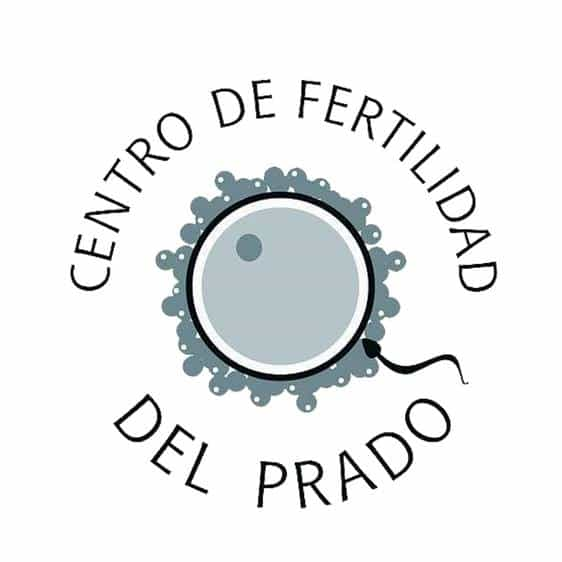
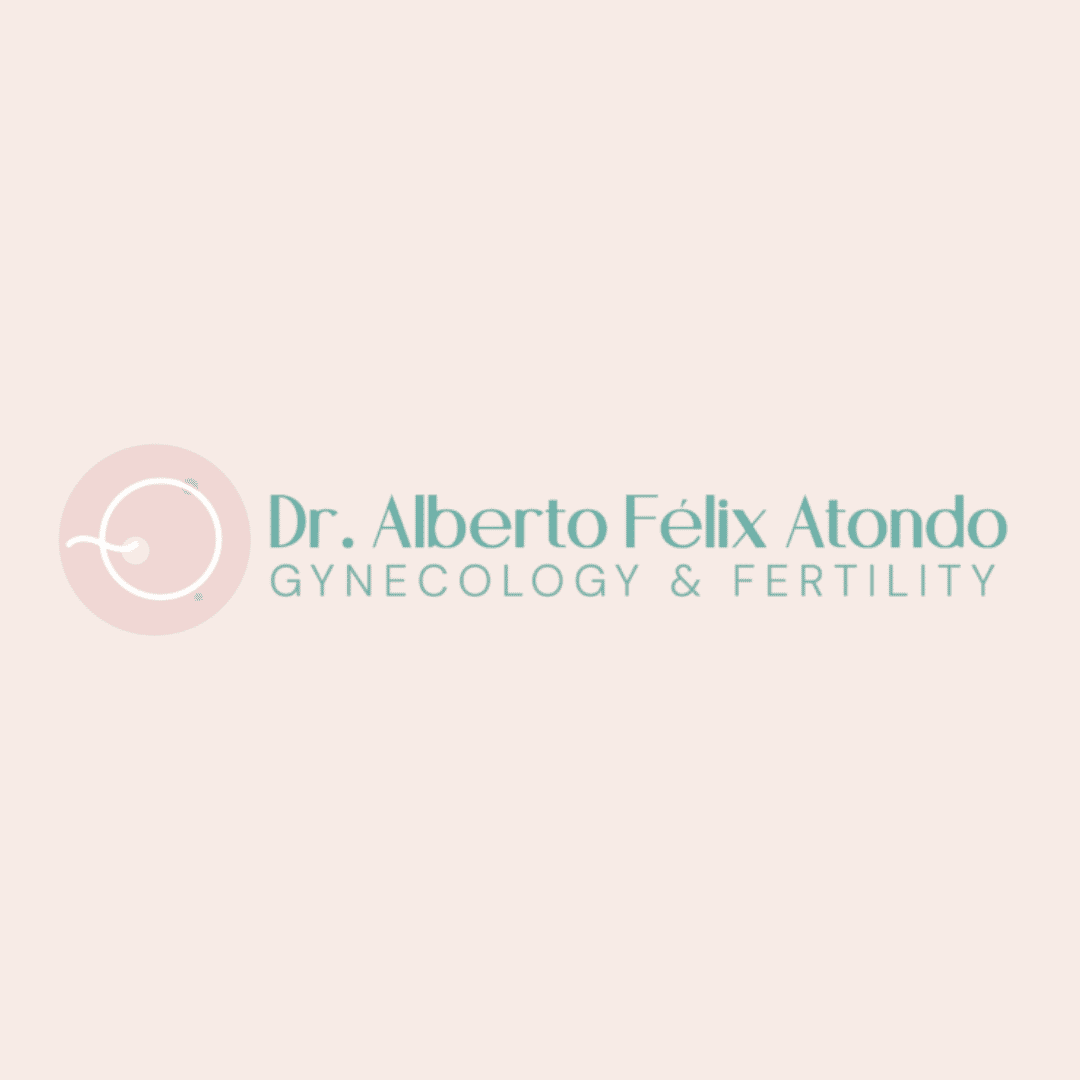



Share this listing